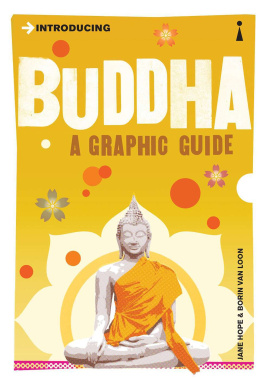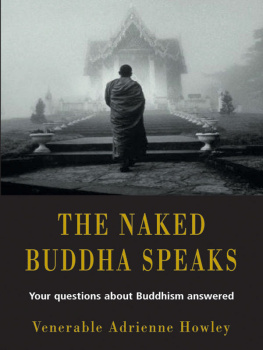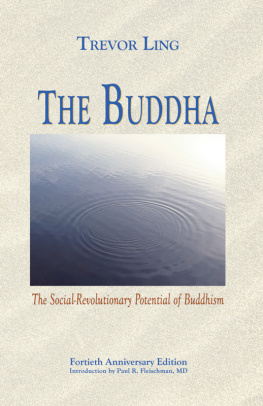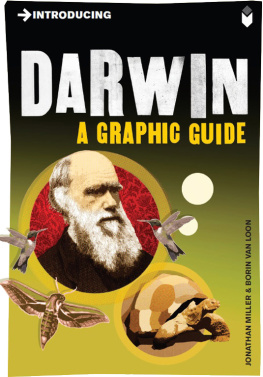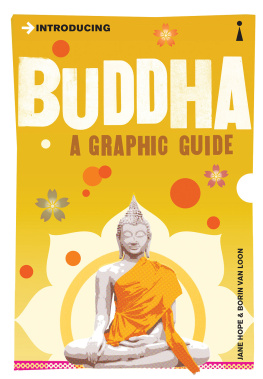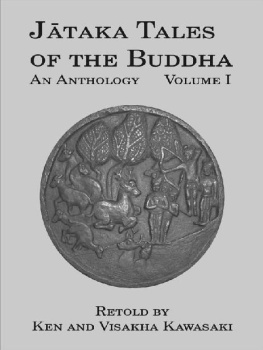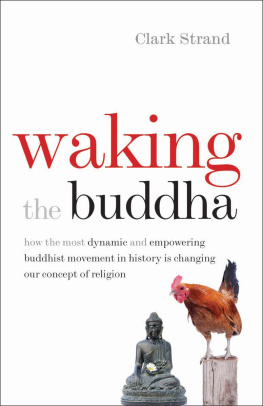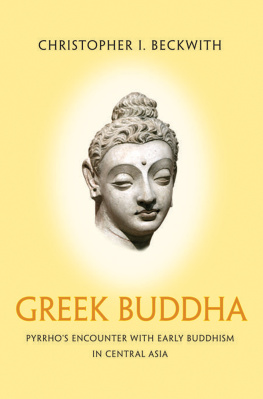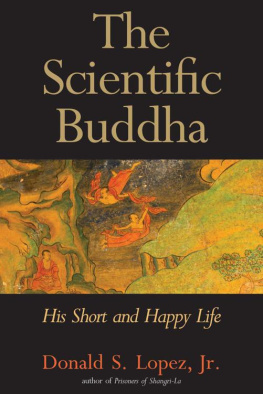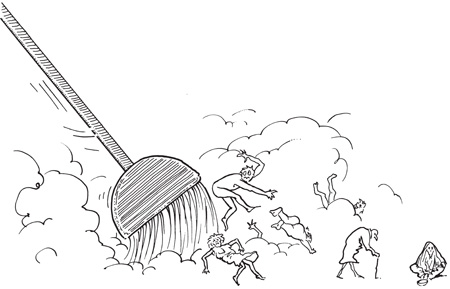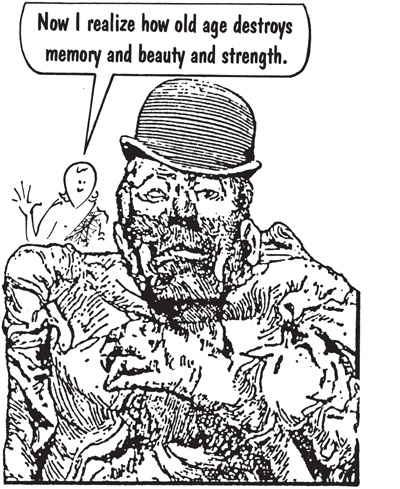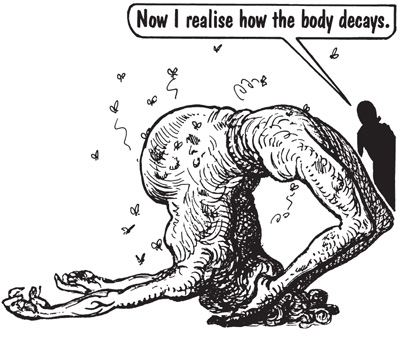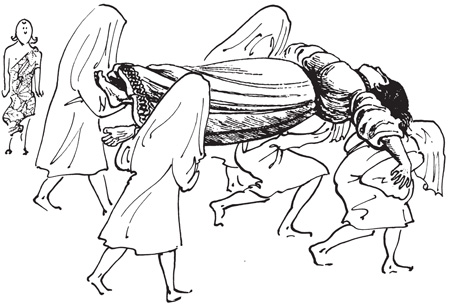It is like a recipe for bread. Each baker must apply his general knowledge of how to bake bread, but each time it is cooked it is completely fresh.
The doctrine of change and impermanence which is at the heart of Buddhism constantly breaks up any tendencies towards fundamentalism.
The Buddhist experience relies on experiencing the truth for oneself, and ultimately it does not really matter whether or not there was an historical Buddha. However, the traditions and legends that surround the life of the Buddha contain in allegorical form, the precise nature and form of the spiritual journey.
The early stories and teachings of the Buddha were not written down until several centuries after his death. They were not seen as the authorized version. The Buddha encouraged his followers to put everything he said to the test, and therefore, through the ages, followers of the Buddha have trusted their own wisdom, rather than trying to interpret what might have been meant in old texts.
Prince Siddartha was born around 560BC in a small kingdom just below the Himalayan foothills. His father was a king of the Sakya clan. His mother, Queen Maya was said to be so radiant and alluring that even the gods envied her. She was called Mayadevi Goddess of Illusion because her body was so beautiful as to be unbelievable. On the night of the Buddhas conception, Queen Maya dreamed that a white elephant had entered her womb. The dream revealed to her that the child would be special.
Soon after Siddartha was born, a holy man prophesied:
If he stays in the palace he could become an outstanding world leader, but if he enters the religious life he will become enlightened, a teacher of gods and men.
This fills me with apprehension! I want Siddharta to take over the throne of the kingdom when I die.
The king therefore determined to make the first prediction come true and lavished care and attention on his son. As the prince grew up, he mastered the traditional arts and sciences, becoming skilled in
It will be the hard facts of life that will turn my sons mind towards religion, so Ill provide every pleasure and luxury that the world can offer!
In order to keep him addicted to the palace, the king had a chamber of love built, decorated with erotic art. Pleasure girls, skilled in the art of love were invited to the palace. Siddarthas life in the palace revolved around the pleasures of the senses.
In the course of time, the palace women told him about the world outside the palace and how beautiful it was. Plans were made for the prince to make a journey, but first the King ordered that anyone who was old or sick or crazy or diseased should be cleared from the roads.
The Prince went out of the palace several times, and each time he left, he saw something which disturbed his mind. The first time he saw an old, bent, toothless man.
Now I realize how old age destroys memory and beauty and strength.
The second time he saw a diseased man with a swollen belly covered with filth and flies.
Now I realise how the body decays.
On the third visit, he saw a corpse being carried through the streets, followed by anguished friends and family.
What is the significance of each episode?

